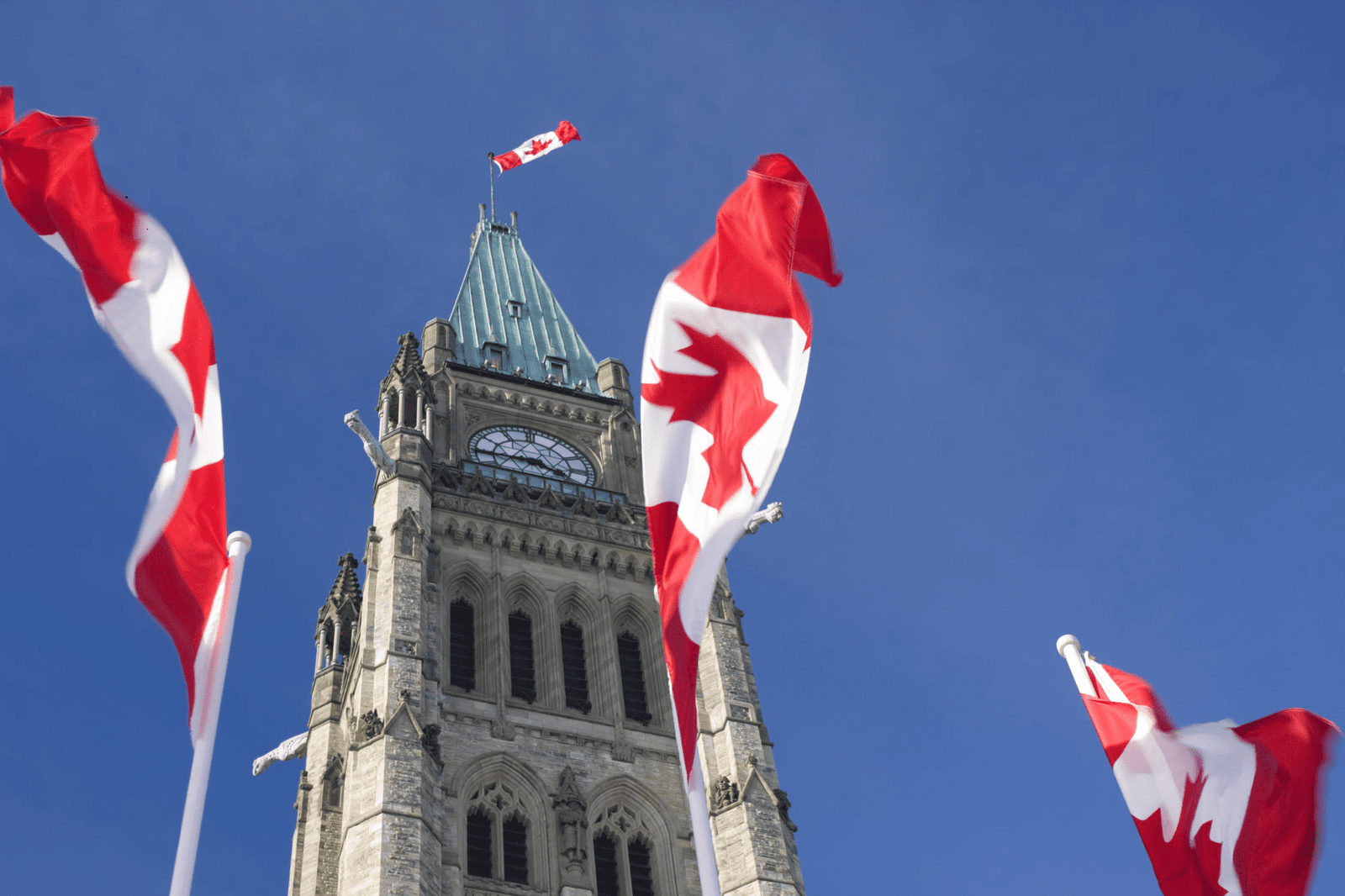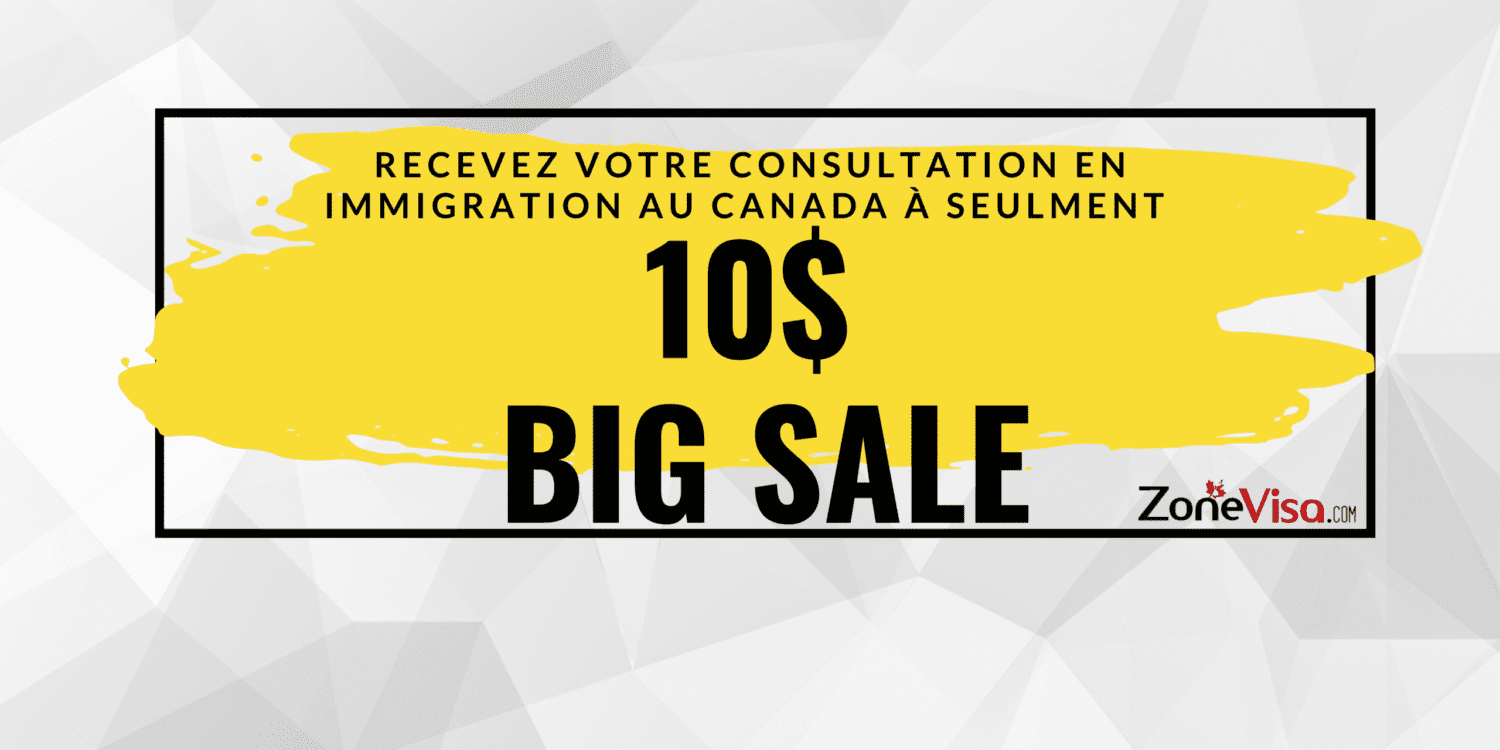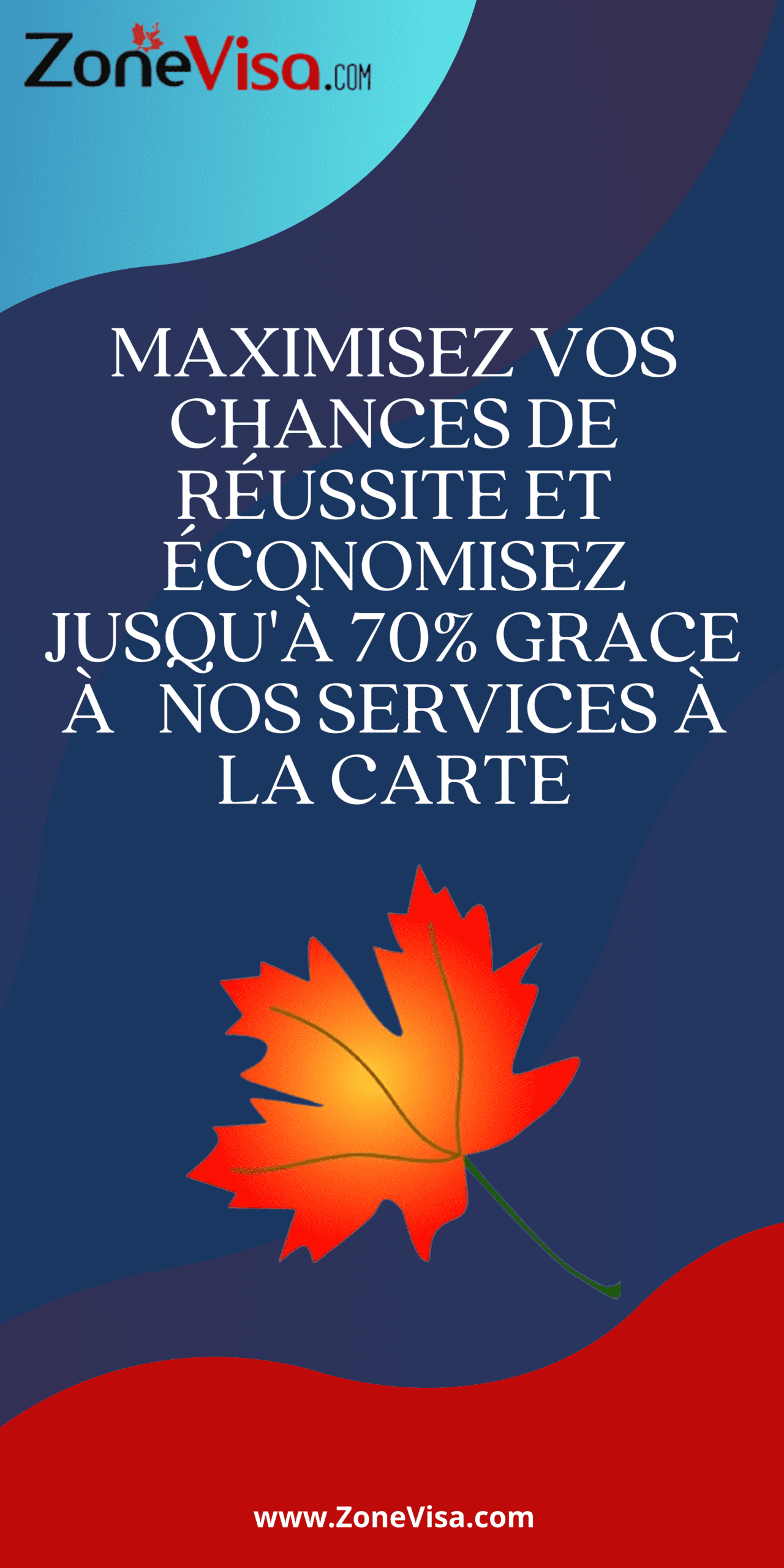At ZoneVisa.com, we are committed to providing accurate and timely information to help prospective immigrants navigate Canada’s evolving immigration system. In September 2024, several significant updates have emerged, affecting various immigration pathways, including Express Entry, Provincial Nominee Programs (PNPs), and processing times. In this article, we explore these recent changes and provide insights on how they impact potential applicants.
Express Entry: Lower CRS Scores and New Invitations
In early September 2024, Immigration, Refugees, and Citizenship Canada (IRCC) continued its trend of holding regular Express Entry draws. The September 9, 2024, draw targeted candidates in the Provincial Nominee Program (PNP) stream, issuing 911 Invitations to Apply (ITAs) with a Comprehensive Ranking System (CRS) cut-off score of 732. This CRS score represents the highest cut-off for a PNP draw since July 2024.
These draws indicate a shift in focus toward applicants who have secured provincial nominations, which aligns with Canada’s broader strategy of addressing labor market shortages across the provinces. As PNP nominees receive an automatic 600 points added to their CRS score, their chances of receiving an ITA for permanent residency are significantly enhanced.
However, the CRS cut-off for PNP applicants has fluctuated. In contrast to the high score required in September, earlier draws in August saw CRS cut-offs around 694, showing that the system remains dynamic. Applicants aiming for PNP invitations should monitor CRS trends closely and explore provincial nomination options to improve their chances.
Francophone Immigration Gains Momentum
In addition to regular Express Entry draws, Canada has placed increasing emphasis on Francophone immigration, particularly for regions outside Quebec. Throughout 2024, IRCC has held several French-language category-based draws, issuing over 19,000 ITAs to French-speaking candidates. Canada’s target is to increase the percentage of Francophone immigrants to 8% by 2026, up from 6% this year.
This policy shift reflects the Canadian government’s commitment to linguistic diversity and regional labor market needs. Francophone immigrants often benefit from targeted draws with lower CRS cut-offs, making French language proficiency a strategic advantage for applicants seeking permanent residency.
Provincial Nominee Programs: Ontario’s French-Speaking Draw
Provincial Nominee Programs (PNPs) have continued to play a pivotal role in Canada’s immigration strategy, offering pathways for skilled workers to secure permanent residency. In September 2024, Ontario conducted a notable PNP draw under its French-Speaking Skilled Worker Stream. Candidates with CRS scores as low as 290 were invited to apply for provincial nominations.
This stream emphasizes the importance of both French proficiency and strong ties to the province, with requirements including a valid Express Entry profile, proof of settlement funds, and an intention to reside in Ontario. For Francophone immigrants, this stream offers a fast-track option to permanent residency, particularly in high-demand sectors such as education, healthcare, and technology.
In contrast, other provinces like British Columbia and Alberta continue to focus on industry-specific nominations, targeting applicants in sectors like healthcare, agriculture, and technology. These provincial streams provide tailored immigration options for candidates with work experience in high-demand occupations.
Processing Time Updates from IRCC
In September 2024, IRCC updated the processing times for various immigration streams, giving applicants a clearer timeline for their immigration processes. These updates highlight the importance of planning ahead, as processing times vary significantly based on the type of application and the applicant’s country of origin.
- Visitor Visas: Processing times for visitor visas continue to fluctuate. For example, applicants from India face a processing time of 76 days, while applicants from Nigeria experience a much longer wait of 172 days. It’s essential for applicants to factor in these delays when planning their travel to Canada.
- Study Permits: The processing time for study permits has remained relatively stable. Indian applicants can expect a wait time of 5 weeks, while those from the United States face a processing period of 12 weeks. Inside Canada, processing times for study permits have extended to 12 weeks, an increase from earlier in the year.
- Work Permits: Processing times for work permits vary significantly by country. In India, the processing time has increased to 26 weeks, whereas in Pakistan, applicants can expect to wait around 9 weeks.
- Permanent Residency Cards: For new PR card applications, the processing time has improved to 25 days, down from previous months. However, PR card renewals still take about 72 days.
These processing time updates are crucial for applicants, as they offer insight into how long it may take to secure their immigration status. Prospective immigrants are advised to frequently check IRCC’s website for real-time updates and consult with immigration professionals to avoid unnecessary delays.
Express Entry Pool Composition
As of late August 2024, data from IRCC revealed the composition of the Express Entry pool. The breakdown of CRS scores within the pool shows that approximately 40% of candidates have CRS scores between 351-400, while about 12% of candidates have scores above 471. This distribution underscores the importance of increasing CRS scores through methods such as provincial nominations or improving language test results.
For applicants with lower CRS scores, securing a Provincial Nomination remains one of the most effective strategies to obtain an ITA. Additionally, applicants should consider re-taking language tests, gaining additional work experience, or pursuing Canadian educational credentials to improve their scores.
Planning Your Immigration Journey
Given the evolving nature of Canadian immigration policies, it is crucial for prospective immigrants to remain informed and adaptable. Canada’s immigration system rewards candidates who can demonstrate a combination of skills, work experience, language proficiency, and adaptability. In particular, French-speaking applicants have a unique advantage, with growing opportunities in both federal and provincial immigration streams.
At ZoneVisa.com, our team of Regulated Canadian Immigration Consultants (RCICs) is dedicated to helping you navigate these complexities. Whether you are looking to enhance your CRS score, explore PNP options, or simply understand the current processing times, we are here to assist you.
Conclusion: Secure Your Future in Canada
September 2024 brings significant updates for those seeking to immigrate to Canada. With changes to Express Entry draws, increased opportunities for Francophone immigrants, and updated processing times from IRCC, it’s more important than ever to stay informed and proactive.
At ZoneVisa.com, we specialize in helping individuals like you achieve their Canadian immigration dreams. Contact our team today to book a consultation with one of our regulated immigration consultants. Our experts will guide you through the process, ensuring that your application is strong and competitive.



